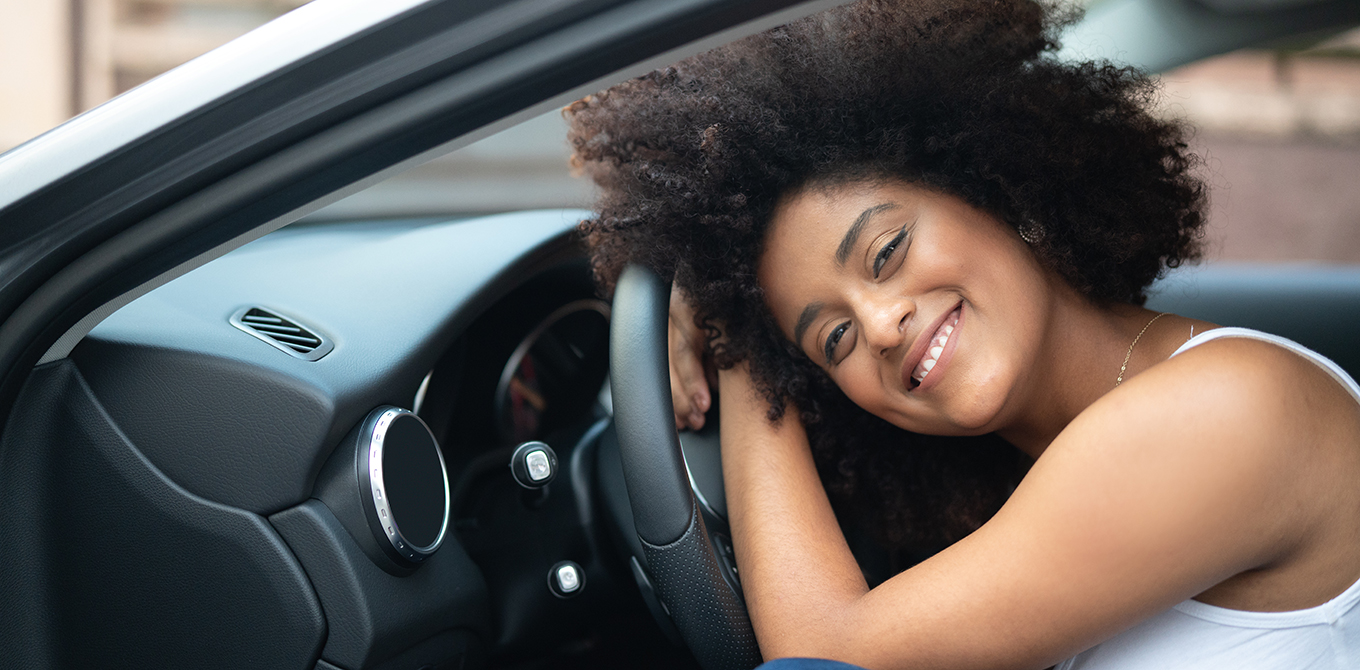Buying and new vs. used car–which is the better buy?
If you're in the market for a car, you might be facing the age-old question: Is it better to buy a new car or a used car? As always, the answer is that it depends on your goals. And with the pandemic still impacting the car market, there are extra things to consider when choosing whether to buy a new car versus a used car. Below are some factors to help you decide.
If You Want Better Selection: Used car
The pandemic has really thrown a wrench into things for car manufacturers. Factories have been ramping back up to make new cars, but there is still a shortage of many parts, especially computer chips.
In fact, there is such a supply shortage that many manufacturers take the few computer chips they do have and install them in luxury vehicles, which typically gives them more profit. So if you're hoping for a standard grocery-getter or a more affordable model, it may be a longer wait for you.
That said, with fewer new cars available, more people are shopping for used cars, so you'll see a pinch on the supply side there as well, but not as significant as with new cars.
If You Want the Cheapest Cost: Used Car
The old standby advice says buying a used car that's one to three years old allows you to get a nearly-new car without paying the full price tag, since the first owner will be taking the depreciation hit. (As soon as the first owner drives off the lot, the car's value generally takes an immediate nosedive.) Used cars are also typically cheaper to insure than new cars.
Depreciation is still a factor in post-pandemic life, but it may not be as big of a factor as it was before. For example, in March 2021, the price of new cars had increased by 9% from the prior year, while the price of used cars soared by over 40% in that same time period. Such an increase in the cost of used cars can essentially wipe out that depreciation hit that a new car would typically take.
Instead, here's a good strategy: If you're looking to get the cheapest car possible, start looking for a used car. Make sure you still check the prices for similar new cars as well. That way, you'll be able to find the lowest cost, wherever the economy is at any given time.
If You Want the Best Features: New Car
Technology is changing faster than ever, and that's especially true for some cars such as electronic vehicles, or EVs. In particular, the value of EVs tends to drop a lot quicker than for regular fuel-powered cars, partly as new models continually get updated, and because the battery performs better when it's brand new.
New cars typically have better safety features and more reliable mechanics as well, although that's not to say that used cars are unsafe (especially if they're a newer used car).
If You'll Be Holding On To the Car Long-term: New Car
A big reason buying a used car is considered cheaper is that you won't lose as much value when you sell your car a few years down the line. But if you plan on keeping your car for the long haul, then you'll want the fewest miles possible to start.
In fact, there are many buyer incentives for new cars that just aren't available for used cars. Interest rates are on the rise now, but it's still not unheard of for car dealerships to offer 0% financing on some types of new cars. In addition, some cars depreciate more than others. If you purchase a new car that has a strong history of retaining its value, you might be better off in the long run by purchasing a new car.
Final thought
The pandemic has upended the traditional car-buying advice, but it's still possible to find a good deal for your needs. You'll just need to do a little bit more research to find the right car for the right price.


